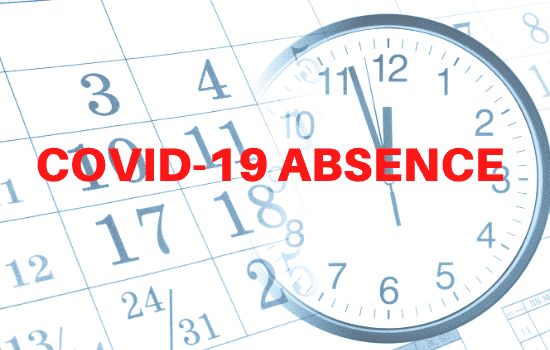Is Your CPA Firm “Tuned In” to CPB’s Audit Requirements?
Originally published on July 23, 2019
When funding sources dry up for higher education entities, public television and radio stations must rely more on listener support and grant funding from the Corporation for Public Broadcasting (CPB). And with CPB taking a closer look at these stations, it’s more important than ever to make sure your auditor understands the public broadcasting industry.
What makes an audit different for our public broadcasting stations?
To understand the importance of having a CPA with industry knowledge perform your audit, let’s first review the role CPB plays in your funding.
A private, nonprofit grant-making organization responsible for funding more than 1,000 broadcast stations (including numerous stations licensed to public and private colleges and universities) CPB distributes annual community service grants (CSGs) to qualifying public broadcasting entities. These funds are used to help public broadcasting entities enhance the quality of their programming and expand their scope of services.
CPB allocates these funds annually based in part on non-Federal financial support (NFFS). To maintain funding eligibility, stations must file specific reports. There are three such reports, depending upon the type of station:
- AFR (annual financial report)
- FSR (financial summary report)
- AFS (audited financial statements)
All TV grantees must file an AFR and submit its AFS. Radio grantees fall into three categories, each of which requires the following reports:
- FSR and unaudited financial statements
- FSR and AFS
- AFR and AFS
The ultimate objective of these reports is to identify which revenues reported in the financial statements qualify as NFFS.
In order to qualify as NFFS, revenue must satisfy certain criteria as prescribed by federal legislation and the CPB. An independent accountant is required to examine the AFR/FSR and issue a written conclusion about the reliability of amounts reported as NFFS.
The NFFS attestation is considered an integral part of the AFR/FSR, because accurate reporting is critical to ensure an equitable distribution of CPB funds among stations. As such, the CPA firm performing these services should be well versed in the NFFS criteria and how unique reporting requirements under FASB or GASB impact it.
What could happen if we don’t choose our auditor carefully?
During the 2019 Public Media Business Association annual conference, the CPB’s Office of the Inspector General (OIG) reported on deficiencies in NFFS reporting. The OIG’s most common findings are related to:
- Overstatement of indirect administrative support by incorrectly including cost pools that do not directly support the station;
- Improper application of newly implemented GASB pension and OPEB standards as they relate to indirect administrative support; and,
- Incorrect treatment of spectrum and repack funds.
If these or other deficiencies are found in your station’s financials, you could miss out on CPB funding or have to return funds you’ve already received. You could also incur financial penalties. Given the tight budgets you likely have in place as it is, your programming could take a huge hit.
An auditor’s familiarity with CPB’s financial reporting guidelines is instrumental in supporting your station. Contact your higher education CPAs for more information on NFFS guiding principles and policies and preparing your annual reports for CPB.
All content provided in this article is for informational purposes only. Matters discussed in this article are subject to change. For up-to-date information on this subject please contact a James Moore professional. James Moore will not be held responsible for any claim, loss, damage or inconvenience caused as a result of any information within these pages or any information accessed through this site.
Other Posts You Might Like

